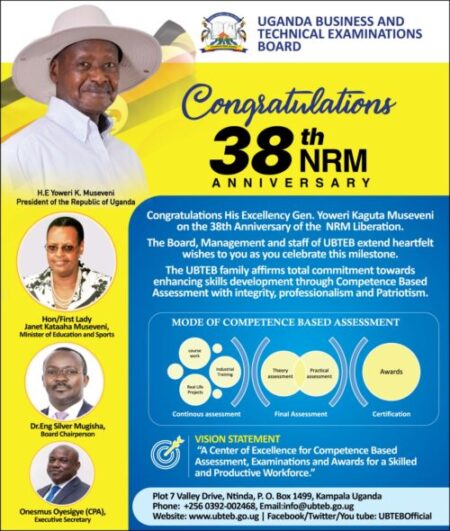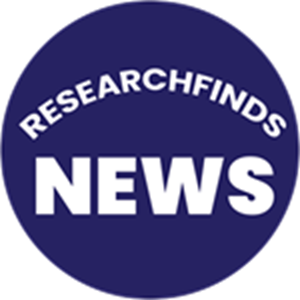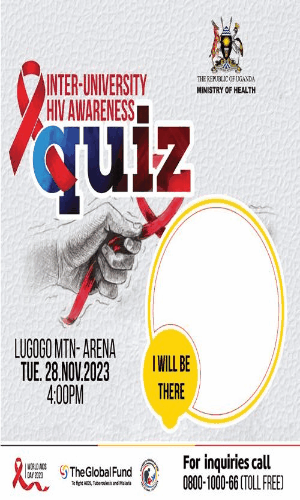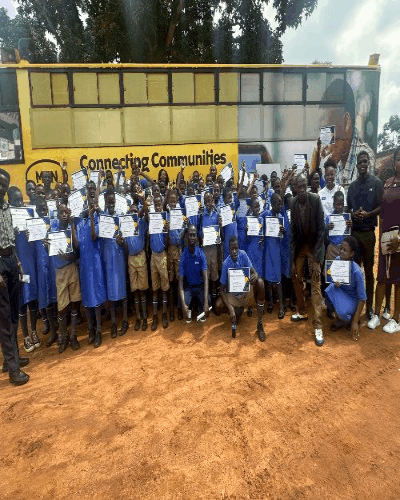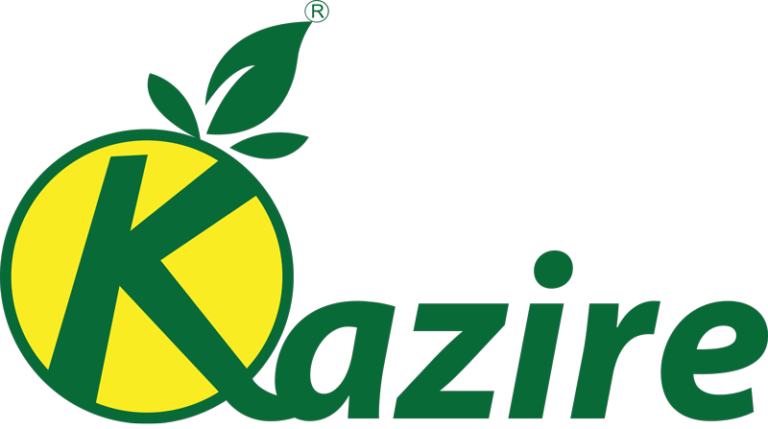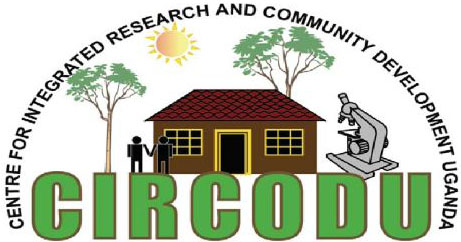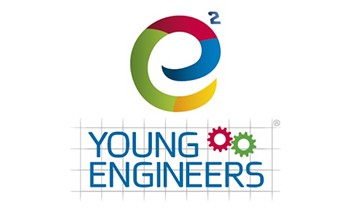KAMPALA/UGANDA:
Kyambogo University in Uganda has teamed up with the University of Gothenburg and the Swedish University of Agricultural Sciences to skill scientists in translating research findings into policy and practice
The four-day training kicks off at Royal Suites, Bugolobi on March 26, 2023.
Research Finds News has established that the training course is specifically designed for researchers drawn from across Africa, to train in translating research into policy briefs and press releases.
The other African countries that will be joining the course are Burkina Faso, Ethiopia, Tanzania, Kenya, Zimbabwe, and South Africa.
Dr. Judith Irene Nagasha, Prof. Bosco Bua, and Dr, Wilson Mugizi, the implementing team for Kyambogo University believe that this course will prompt Ugandan researchers to be policy-minded researchers.
Dr. Judith Irene Nagasha, one of the course coordinators, says the training aims to strengthen individual skills and capacities, and national and regional networks, for enhanced policy engagement and science-based sustainable agriculture and food security.

“The translation of research into policy and practice is a daunting task globally and more especially in Africa. Therefore, the course aims at enhancing the researchers’ understanding of the science-policy interface, risks, constraints, and opportunities, learning how to conduct effective research-policy engagement, and improving their research-to-policy communication skills,” she says.
Research Finds News has indeed learned that the trainees will be equipped with appropriate skills to be able to obtain buy-in from leaders, practitioners, and community stakeholders, and successfully engage in translating their research findings to inform policy and practice.

Scientific research is critical to help us navigate our ever-changing world. Without it, we would have to rely on people’s opinions, our intuitions, and luck. Systematic scientific research offers us an objective understanding because scientific knowledge is grounded in objective, tangible evidence.
Even with this kind of research being undertaken by Ugandan researchers, the coordinators of the course say, the effect of this research on policy-making in Africa is still low.
It is against this background that training hopes to inspire a new generation of researchers whose works can be translated into policy.
Course Outcomes:
The course facilitators hope that once the research is well translated into policy and practice, the leaders, practitioners, community stakeholders, and civil society organizations will be able to support policy development, enactment, and implementation to enhance food security and strengthen health systems among others.

“Scientists and researchers not only have an important role to play in informing and influencing policy formulation, implementation, and monitoring and evaluation, but also informing those affected by the policies,” Dr. Nagasha adds.
According to Dr. Nagasha, participants will be skilled in the presentation of scientific results, understand and describe their roles in policy-making processes, present an overview of the policy landscape relevant to their research, possible research-policy linkages and different models for policy engagement, how to engage social media to communicate policy briefs in the form of press releases and posters.

“There is increased demand for universities to carry out more relevant and impactful research that can be translated into policy and practice. However, uptake of research into practice has been slow many times with some generated knowledge becoming obsolete even before it is used which makes policy development processes continue to be haphazard,” she observes.
According to Dr. Nagasha, the course will solve this problem by helping researchers benefit from increased policy engagement and contribute to improved planning, decision-making, and investment by enhancing their research communication.
“Researchers will be able to take more or less active roles in outreach work, dissemination of new findings, and policy engagement,” she says.
Course Duration
The course was designed for the years; 2022 and 2023. The first cohort trained in 2022 and the program is now running the second cohort which will spend four days in face-to-face sessions and the rest of the interactions will be online.
Facilitators
The course facilitators include the Vice Chancellor of Kyambogo University, Prof Eli Katunguka-Rwakishaya as host. The others are:









The AgriFose2030 Programme Director; Ass. Prof. Sofia Boqvist, Dr. Judith Irene Nagasha from Kyambogo Univerisity, Dr. Anders Ekbom from the University of Gothenburg, Dr. Daniel Slunge from the University of Gothenburg, Mr. Alex Muhwezi from Future Dialogue International, Ms. Petra Hansson from the University of Gothenburg, Ms. Betty Kyakuwa from Makerere University, Dr. Simon Peter Musinguzi from Kyambogo University, Ms. Milcah Ng’endo Machua, a Communications Officer at Stockholm Environment Institute and Mr. Arinaitwe Rugyendo, a Ph.D. Fellow at the Department of Journalism and Communication, Makerere University, also Managing Editor Research Finds News website.
The course is organized by the University of Gothenburg, Sweden, and the Swedish University of Agricultural Sciences within the Agriculture for Food Security 2030 (AgriFoSe2030) program, in collaboration with Kyambogo University, Uganda, with funding from the Swedish International Development Agency (SIDA).
Dr. Nagasha says after the course, the AgriFoSe2030 program’s modules will be migrated to Kyambogo University for sustainability and scalability.
Stay up to date with the latest research findings by regularly visiting our website at www.researchfindsug.com
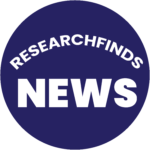
The ResearchFinds Team is a reporting channel affiliated with us and operates as a dynamic consortium of seasoned reporters at ResearchFinds News, collectively driven by the mission of transforming intricate research findings into accessible news stories tailored for a wider audience.
This team's diverse expertise spans various disciplines, ensuring that research products from fields like science, technology, health, and social sciences are conveyed in an informative and engaging manner. By bridging the gap between academic research and the general public, the ResearchFinds Team plays a crucial role in making complex research accessible to all.
Each member of the ResearchFinds Team is dedicated to the daily task of not only crafting insightful news stories but also ensuring that these stories are promptly shared on our website. This collaborative approach fosters a commitment to providing well-researched, evidence-based narratives that empower readers with knowledge and stimulate meaningful discussions around important research findings.
The team's collective effort is geared towards breaking down the barriers that often separate the academic world from the broader public, making science and research more comprehensible, engaging, and ultimately contributing to informed decision-making.
Minister of Health, @JaneRuth_Aceng presents #Uganda recommendations at the Climate and Health Ministerial meeting at #COP28 pic.twitter.com/W8Phhq17yH
— Ministry of Health- Uganda (@MinofHealthUG) December 4, 2023




